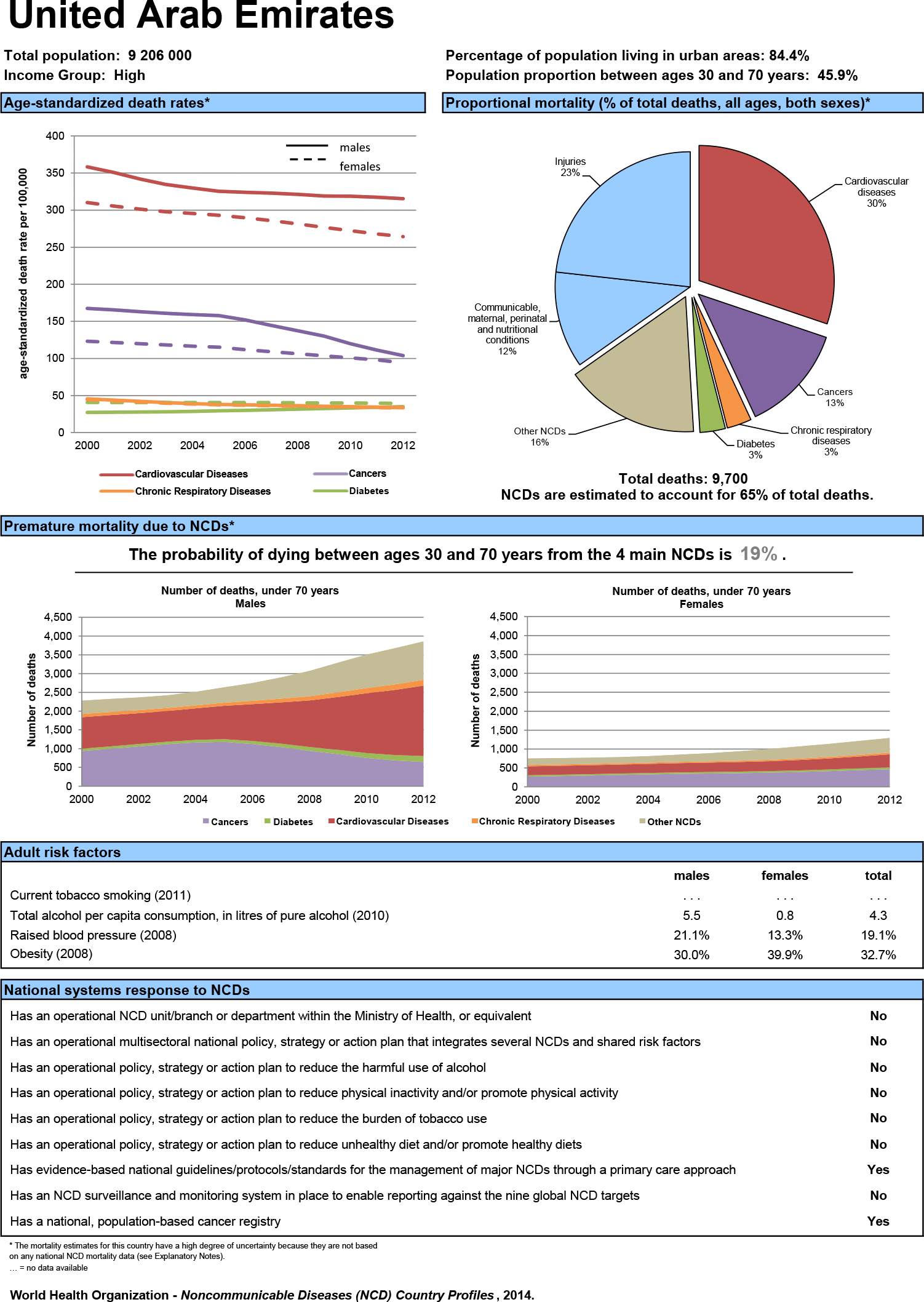What is a support group?
A support group is a monthly meeting of 5-10 people, having one thing in common, impaired quality of life due to a chronic disease. You may be a sufferer or a caregiver, a family member or a friend. In the support group you will gain the knowledge and the power to improve your quality of life and to improve their chronic disease itself. The support group is hosted by Mr. Jared Alden, one of our counsellors with the most experience in chronic diseases. From time to time we will invite Doctors and Specialists to answer specific questions about latest treatments, medication etc. However, a support group is not a group therapy.
Who should attend a support group?
You should attend a support group if you feel that in some way your quality of life is influenced by a chronic disease.
If you suffer from a chronic disease
If you have a family member or close friend suffering from a chronic disease
If you are a caregiver
What are chronic diseases?
A chronic disease is any long-lasting medical condition. Typically more than three months. Many chronic diseases are difficult or impossible to cure and thus having a huge impact on your life. The World Health Organization (WHO) declares chronic disease as the leading cause of death and disability. Chronic diseases are the most common diseases in the world. Every second US citizen between 18 and 64 suffers from a chronic disease. In elderly people 90% have at least one, and 77% have two or more chronic diseases. 75% of the total medical care spending is caused by chronic diseases. Some examples:


 When and where can I find a support group?
When and where can I find a support group?
